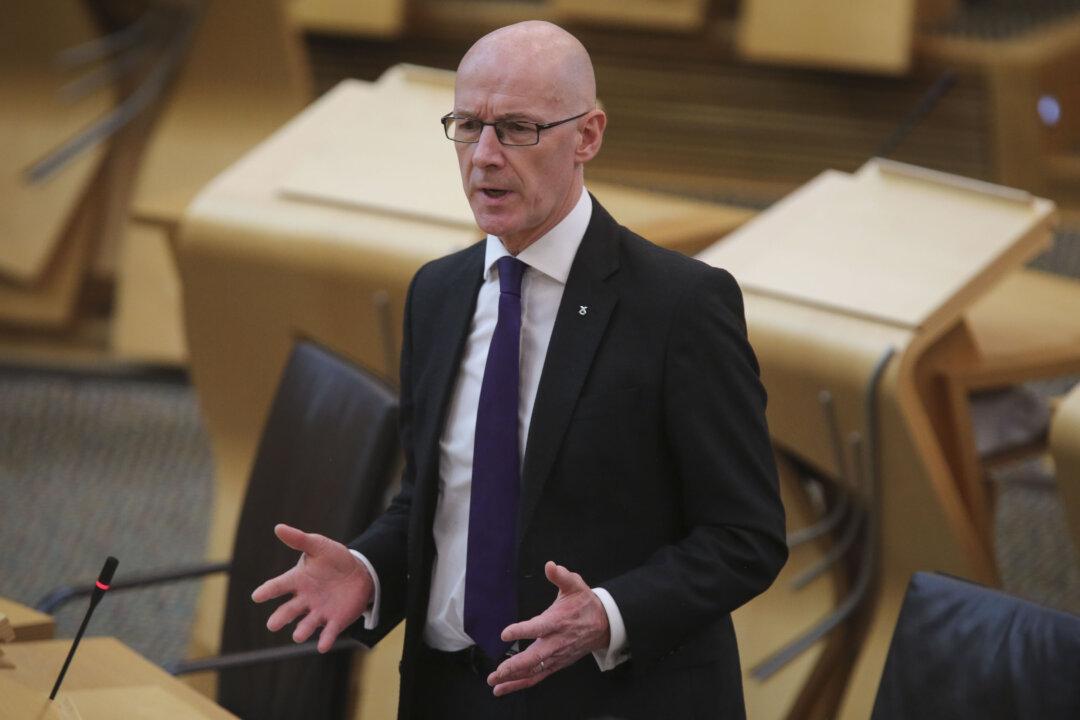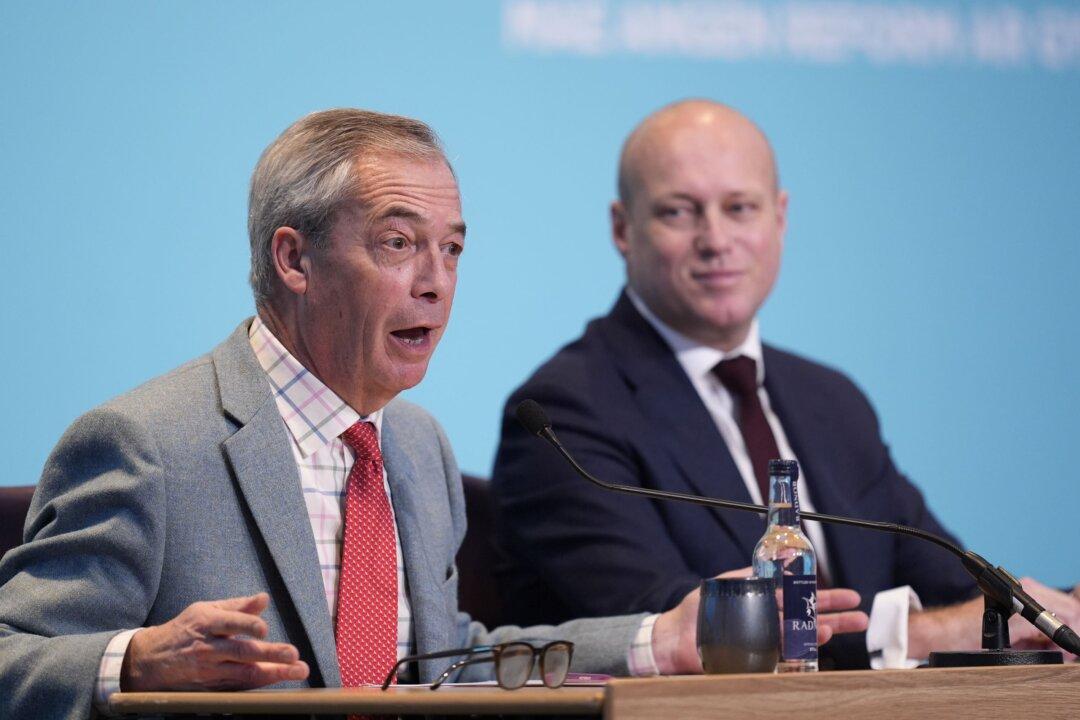Work on a bill to incorporate a U.N. treaty on children’s rights into Scots law will continue despite the original being sent back to Holyrood by the UK Supreme Court, Deputy First Minister John Swinney has said.
The United Nations Convention on the Rights of the Child (Incorporation) (Scotland) Bill passed unanimously earlier this year but was referred by the UK Government to the country’s highest court in order to assess if the legislation was within the scope of the Scottish Parliament.




